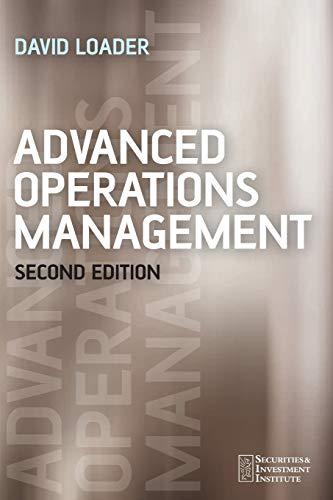Question
Assume that Jack and Jill are married, or cohabitating or living common law in Ontario, and that Jack earns $25,000 per year, and that Jill
Assume that Jack and Jill are married, or cohabitating or living common law in Ontario, and that Jack earns $25,000 per year, and that Jill earns $175,000 per year for a total family income of $200,000. Assume that Jack & Jill are each subject to the 2021 marginal tax rate schedule presented and discussed in class, but they are entitled to a basic personal tax credit of (only) $2,000 per person on both their Federal and Provincial tax returns. To be very clear, they are entitled to absolutely no other tax credit and no deductions. Nada.
A. What is the amount of tax (Federal + Provincial + Surtax) that Jack owes? And what is his after-tax income?
B. How much would Jack have to earn pre-tax, to retain $25,000 after tax? Please show your (math, algebra) work very carefully.
C. What is the amount of tax (Federal + Provincial + Surtax) that Jill owes? And, what is her after-tax income?
D. How much would Jill have to earn pre-tax, to retain $175,000 after tax? Please show your (math, algebra) work very carefully. E. How much would they (as a household unit) gain if they were able to (legally) split their income, with Jill transferring $75,000 to Jack so they both earn $100,000 in taxable income. Note that this would not affect their tax credits.
Step by Step Solution
There are 3 Steps involved in it
Step: 1

Get Instant Access to Expert-Tailored Solutions
See step-by-step solutions with expert insights and AI powered tools for academic success
Step: 2

Step: 3

Ace Your Homework with AI
Get the answers you need in no time with our AI-driven, step-by-step assistance
Get Started


